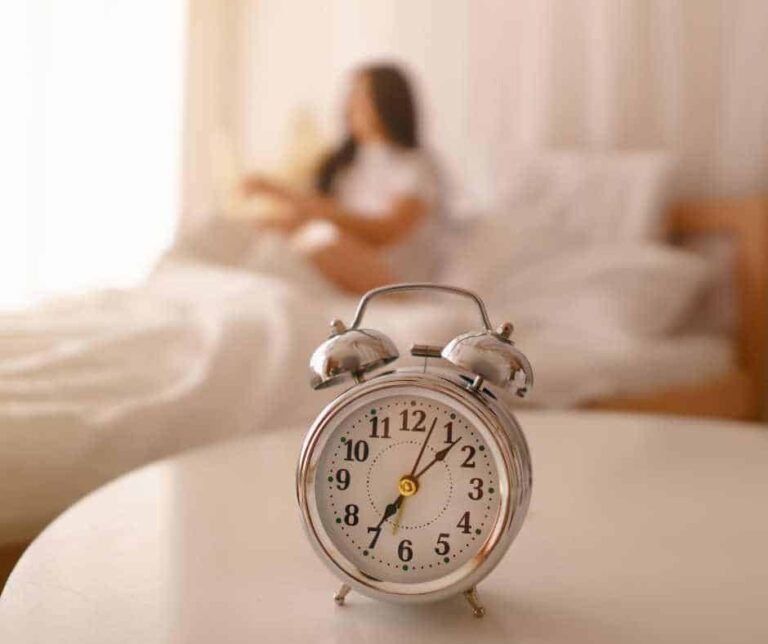10 Bad Habits That Make You Look and Feel Old
Getting older is a natural process that we should embrace as we gain life experience and wisdom. While aging may be inevitable, how you age is totally up to you. Engaging in poor habits will make you feel and look old sooner than necessary. Whereas, the right life choices can help you feel great at any age.
Your age is just a number.
The saying “you’re only as old as you feel” is so true. While your numerical age will change with each passing year, your biological age doesn’t need to be so susceptible to time. Nowadays, there are even tests that you can do to determine your body’s estimated biological age. You can protect yourself from premature aging. It has been found that some people age as much as three times faster than others. Why? It almost all comes down to lifestyle choices.
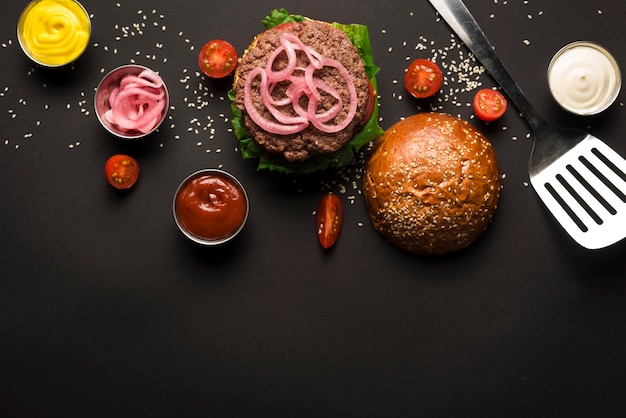
1. Eating processed foods.
The modern diet is one of the biggest reasons for premature aging. The major reason for this is the level of excess sugar that exists in our food today; it’s in nearly everything we eat out of a box or bag. Food from a box is also packed full of unhealthy oils, preservatives, flavors and colorants that are not meant to be digested and absorbed by the human body.
Sugar intake has increased in the U.S. by 40% since the 1970s. Processed food is a normal part of most Western diets today. This can lead to weight gain, dark circles under the eyes, wrinkles, dehydrated skin, and in some circumstances acne.
The bottom line? Go for whole foods as much as possible!!
2. Eating out often.
A healthy, balanced, plant-based diet is vital to glowing, healthy skin and proper body function. When you eat out, you typically have no idea what you’re giving your body. Unless your seek out a health focused restaurant, foods are usually not organic and full of salt, sugar, and other flavorings.
When you cook for yourself, you can choose foods that have essential vitamins and minerals to support and strengthen your body from the inside out. The more junk you eat, the more you rob your body of those good-for-you nutrients and fill it with excess fat, sodium, and sugar.
If you like to eat out, get used to asking questions about the content of your favorite meals. Consider choosing a restaurant that focuses on nutrient rich dishes that are sustainably sourced without all the additives.
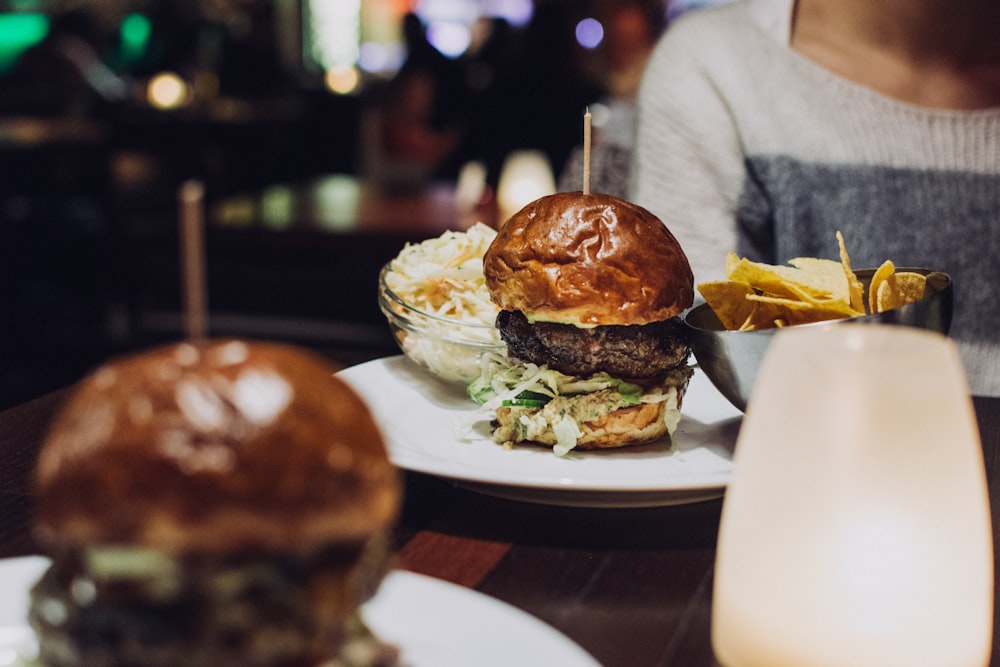
3. Drinking sodas.
Soda is a drink that is on the market purely for taste. It has no nutritional value is is jam packed with chemicals not meant for the human body. It has been found that daily soda consumption is linked to decreased brain volume and decreased memory function. Plus, it was also discovered that people who drank diet soda were nearly three times more likely to have a stroke or a heart attack than those who never consumed soda (lifestyle of people that drank soda of course also played a large role). This illustrates that it’s not just about the sugar.
Can’t kick your soda habit? If you need the caffeine, choose a more natural option like green and black tea. If you like the carbonation, try soda water with a splash of fresh juice or lemon. Kombucha may be a better option if you choose an organic low sugar option. You may miss the sweetness at first, but as your taste buds adjust you will wonder why you ever drank it.
4. Not drinking enough water.
The body is mostly made of water. Plus, water is required for many basic cellular functions Thus, naturally it has to be adequately replenished every day. If you drink less than the needed amount, your lack of water might just manifest on your skin and make your feel sluggish and low energy.
According to the National Institute on Aging (NIH), not drinking enough liquids is one of the many causes of dry skin patches and itching in older individuals.
The exact amount of water you need each day varies with activity level and other factors. Try to sip water throughout the day and pay attention to the color of your urine for an accurate assessment of your hydration (clear to light yellow is good, dark yellow is not).
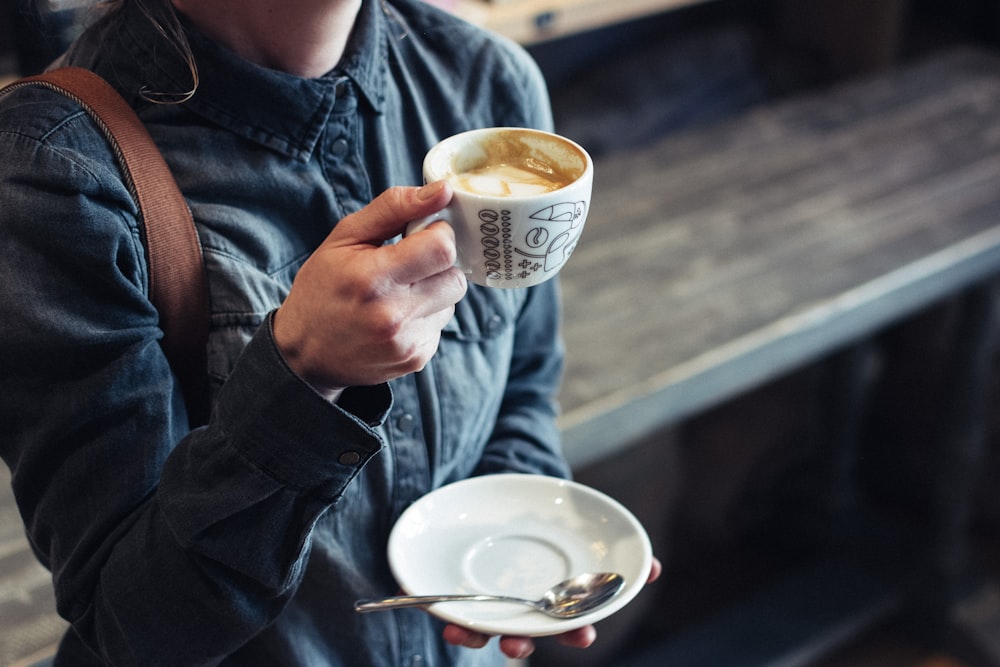
5. Drinking coffee frequently.
Coffee has many benefits related to anti-oxidants. However, it also contains a significant amount of caffeine. Caffeine is a diuretic, meaning it promotes fluid excretion and can deplete your body of moisture. Dehydration makes your skin look dull and aged.
Try finding a balance that works well for your coffee intake. Consider limiting your intake if you are a serial coffee drinker and switch to hydration de-caffeinated options.
6. Not eating enough fat.
Monounsaturated and polyunsaturated fats, present in foods like olive, avocados, and nuts, are incredible skin-boosting foods. They have a high level of antioxidants, essential fatty acids, and vitamin E, which promotes soft, plump skin and fight free radical damage and premature aging. Furthermore, a study found that eating a handful of nuts per day could help you live longer. Nuts and fish are also high in Omega 3’s that can provide an additional boost to skin and overall health.
Try adding healthy fats to your diet as salad toppers, in smoothies, side dishes or snacks.

7. Not getting enough sleep.
Continuous sleep deprivation denies your skin cells time to repair and regenerate, a process which happens during sleep. Collagen, which helps keep skin smooth, is produced when you’re sleeping. If you don’t make time for enough sleep, wrinkles will appear faster and you look older than you really are.
When setting goals for sleep, don’t forget that sleep quality is as important as sleep quantity.
8. Not staying active.
Exercise won’t only keep you fit, it also promotes skin health. Taking part in physical exercise increases and maintains blood circulation to all parts of the body, including nerves that supply the skin with oxygen. Exercise is also known to keep the skin looking firm which obviously results to a younger look.
Skin health is just one more reason to get that heart rate up at least 3 times per week.
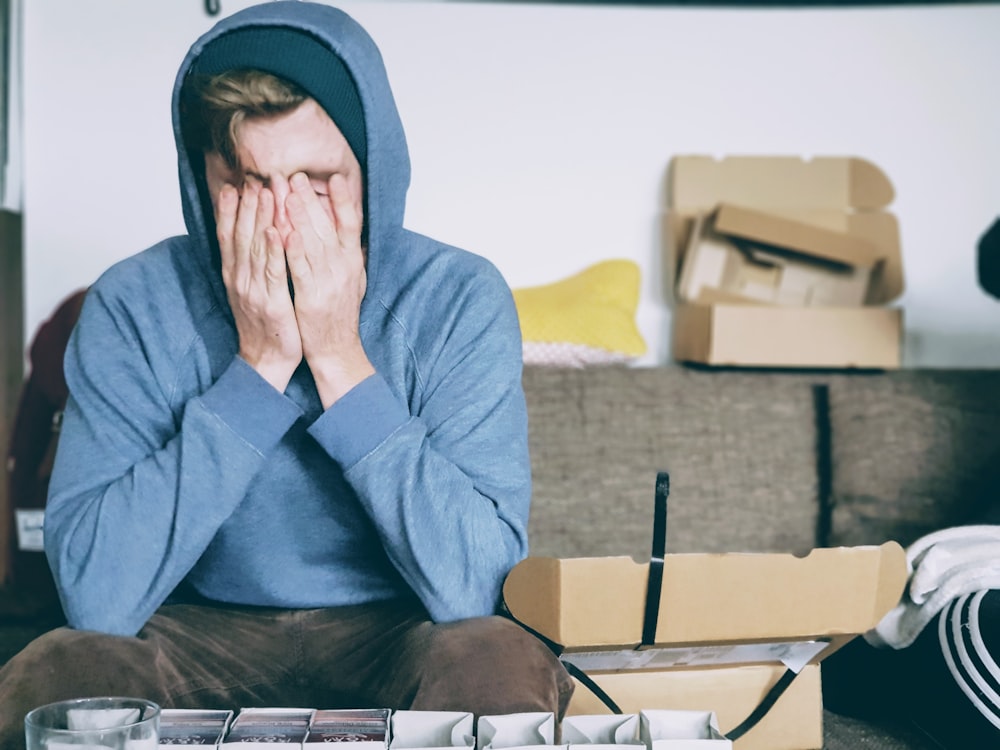
9. Not managing stress.
Stress management is an important part of a typical fast paced life. Stress triggers unstable sleeping patterns, which automatically leaves you with puffy eyes. Plus, stress promotes an imbalance of the good and bad bacteria in your gut and on your skin, which is known to cause rashes and hives. Lastly, add the production of cortisol, which affects connective tissue elasticity, and your skin starts taking a beating. Ultimately, this will leave you looking aged.
Want glowing skin? Make sure you properly manage your stress with diet, exercise, meditation, yoga, reading or any other strategy that works for you.
10. Using devices all the time.
Excessive device usage is not good for anyone. Specifically, studies have found that the blue light emitted from electronics like cell phones can cause vision impairment and, in severe cases, total vision loss. Plus, it affects sleep patterns and disrupts proper hormone balance for optimized body function.
To avoid aging your eyes and feeling tired (or old), try limiting the amount of time you spend looking at a screen every day.
It’s all about your health habits and choices.
Your habits and lifestyle determines how long you’re going to live. Your sleep quality, eating habits, and exercise routine help determine how young, or old, you look from the outside in. Ditch the bad habits to look and feel younger ASAP. You’ll not only look great, but you’ll feel more energized too.
What are some of your favorite hacks for feeling young and rejuvenated? Share in the comments below!




